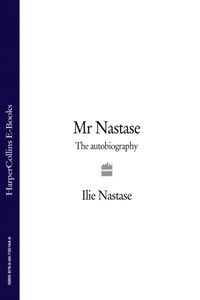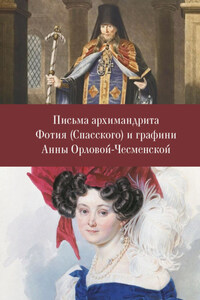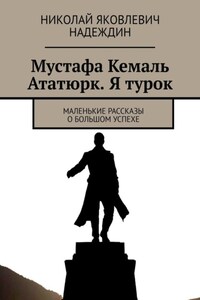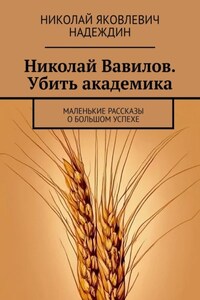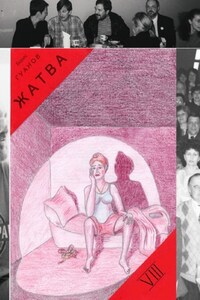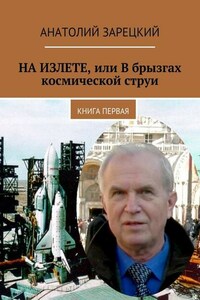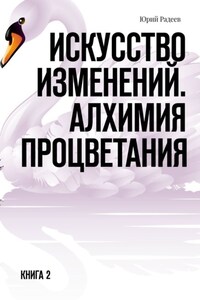‘Give me all those flowers, please,’ I asked the flower seller.
She wrapped the colourful mixture of red, white, and yellow roses up carefully, imagining the pleasure the lucky woman would have when she received them. I didn’t explain but handed over the money and ran back into the hotel dining room. I crept nervously up to the man they were intended for, trying to hide behind the huge bouquet as I did so. When I got to his table he turned round, saw the flowers, saw me, smiled, and then laughed. I was forgiven.
The night before, the man in question, Arthur Ashe, had been driven so crazy by me at the 1975 Commercial Union Masters tournament in Stockholm that he had walked off court, mid-match, screaming and shouting, something he had never been known to do. By leaving the court, he had been instantly disqualified. I knew I had gone too far this time in the lead-up to that incident, and, as I hate people to stay angry with me, I knew it was time to make up with Arthur. I had tried to apologize the evening before, but he had brushed me aside and refused to talk to me, so now I was trying again, hoping that this time we could be reconciled.
The scandal I had created was even bigger because Ashe was the most gentlemanly, composed player on the tour. He had never lost his temper and had recently been one of the main people involved in drawing up a Code of Conduct for the players. This outlined which offences were punishable by what fines and explained when a player should be disqualified. It was ironic therefore that he, of all people, should be the first to receive the ultimate punishment, because these rules had been written with players like me in mind, not him.
Arthur happened to be one of the players that I got on with best, even though he was so different from me. Years ago, I’d started to call him Negroni, explaining that in Romanian it doesn’t mean ‘nigger’ (as people often thought) but a little black kid, dressed nice. So he said: ‘I like that, I like that, but only you can call me that.’ He was also very different from the other players: he was involved in politics, in the fight against apartheid, and he was bright. He was the only one to read a book before a match. You never saw other players doing that. I liked him because he always talked sense; he would ask me questions about life in Romania, about politics there—we could have a proper discussion, not just about tennis.
The night before the match, I’d seen Arthur dining a couple of tables away from me with his blonde Canadian girlfriend, and I’d gently teased them: ‘You two look cute, you look like salt and pepper.’ At the bar, later on, I’d teased him a bit more, just to prepare him for the encounter. ‘Tomorrow night I do things to you that will make you turn white. Then you will be a white Negroni.’ Arthur laughed, because he knew what I was like. I wasn’t trying to needle him, like boxers before a fight. We both knew that if I did something in the match, I would upset him. But when it happened it was almost stupid.
I had won the 1st set 6-1, playing with ease and calm, then Ashe had fought back to win the 2nd set 7-5. The 3rd set, I’m still behaving really well but lose my serve and find myself 1-4 down. I’m serving at 15-40 down. Lose this game and it’s all over, Arthur just needs to serve out for the match.
I’d been heckled by this guy in the crowd during the game, and every time I tried to serve he’d start shouting at me. I just couldn’t ignore him, so I’d shout back. At last, I served, only for Ashe to catch the ball in his hand. Apparently, a ball was rolling between the two ball boys at my end during my serve, so Arthur said he had not been ready. The umpire told me I had two serves. I protested, arguing that Ashe hadn’t indicated he wasn’t ready. The crowd started to whistle and jeer, and the heckler behind me was carrying on. It was then that, for some reason, I thought I would slow up play. ‘Are you ready, Mr Ashe?’ I taunted, as I got ready to serve. I bounced the ball again a few more times, with the heckler still shouting out as I did so, then I asked Arthur again: ‘Are you ready, Mr Ashe?’ I don’t remember how many more times I said this, but it must have been quite a few. Suddenly, with no warning, he starts waving his arms in the air and marching to his chair. He’s screaming: ‘That’s it! I’ve had enough!’ and he just takes his rackets and leaves. I’m left standing there, really surprised because I’d never seen Ashe behaving like that. There was total chaos on court, and the public was getting really mad. Nobody knew what to do.
